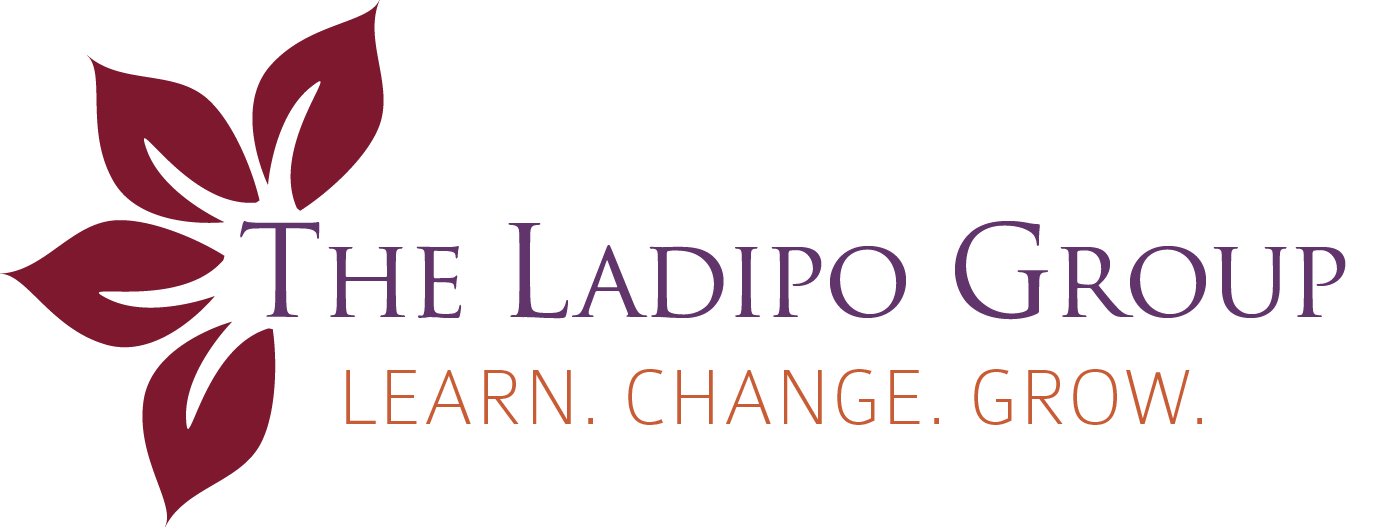At uncertain times like this, we can’t help but think about Black therapists.
We rely a lot on them to help us when we’re feeling overwhelmed by the trauma of being Black in America. Whether it’s navigating racial bias or being repeatedly traumatized by witnessing violence against Black people; when processing our emotions, we look to Black therapists for cultural understanding.
The most important determining factor in whether or not therapy will be successful depends on how much you like and trust your therapist. It sounds simple but if you don’t like or trust your therapist, their education, degree, clinical training and expertise doesn’t matter because you won’t trust them. Most of our therapy clients come to us to discuss anxiety, depression, grief and loss, life transitions, loneliness, relationship issues, stress at work, and family challenges. It’s easier to open up to a therapist who has also experienced walking through the world as a Black person.
More reasons why we believe Black Therapists Matter:
- Race, gender, sexual orientation and socioeconomic status are connected to an individual’s well-being.
- The lack of a therapist’s cultural competence could deter individuals from continuing or pursuing therapy.
- In 2019, the American Psychological Association reported 83% of the psychology workforce were white, 4% were Asian, 3% were Black, 7% were Hispanic, and 2% identified as “other.”
- Your therapist should be knowledgeable on how issues related to privilege and power can impact your mental health.
The Ladipo Group was founded to increase access to Black therapists in Philadelphia and decrease the stigma of mental health treatment. With our Diversity, Equity, and Inclusion consulting we collaborate with organizations and institutions to create equitable spaces and opportunities for Black, Brown and African Americans to thrive.
